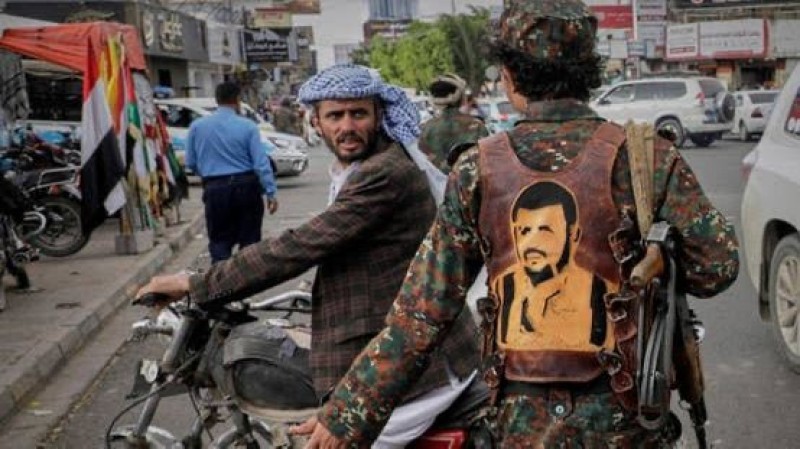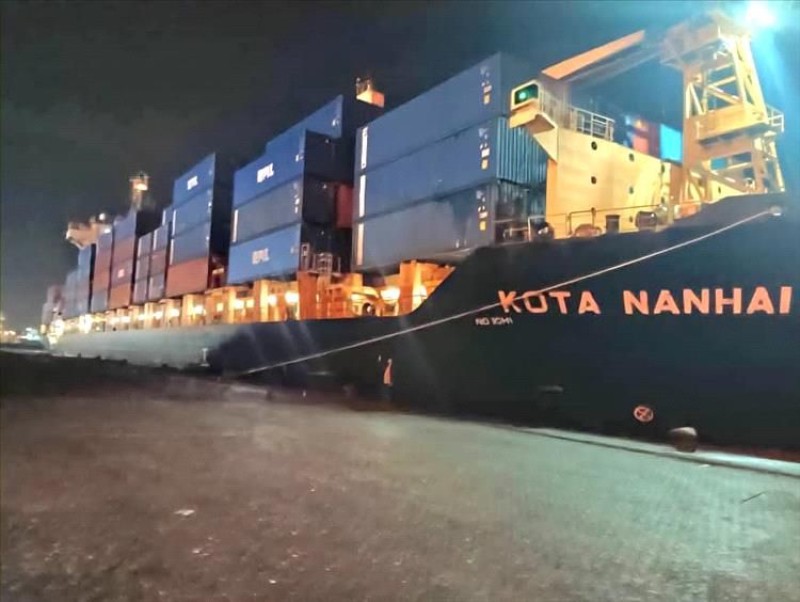Regional Migrant Response Plan for the Horn of Africa and Yemen, 2022


EXECUTIVE SUMMARY
The regional Migrant Response Plan (MRP) for the Horn of Africa and Yemen includes urgent life-saving humanitarian and protection interventions to improve safe and dignified access to basic services for migrants and host communities while ensuring medium- to long-term actions aimed at addressing the drivers of migration. The MRP is an inter-agency framework bringing together 41 partners from governments, the Intergovernmental Authority on Development (IGAD), the United Nations (UN), international nongovernmental organizations (INGOs), and nongovernmental organizations (NGOs), providing an essential strategic framework to ensure a whole of society approach to address the needs of vulnerable migrants and host communities and ensure the continuity of services. The MRP uses a route-based approach and has been developed considering drivers of migration and the persistent vulnerability of migrants in the and Yemen, which manifest throughout their journey.
The MRP provides a flexible mechanism to respond to evolving migration trends, fluid operational environments, and broader humanitarian and socioeconomic developments on migrants and host communities for a more coordinated and multi-sectoral response to migration. With the continued support and active engagement of all partners, and the generosity of donors in 2021, MRP partners reached 375,000 individuals due to improved coordination, better access to the people in need and enhanced delivery. The MRP partners, operating under challenging conditions and limited resources, adapted the programming to respond to the evolving context and demand for assistance by the target population.
In 2022, with the heightened vulnerability of migrants and the easing of movement restrictions in transit and destination countries, the migrant flows are expected to reach pre-COVID-19 levels with 395,345 migrants and 364,403 host/returnee community members projected to be in dire need of life-saving assistance and protection interventions. MRP partners will require USD 67 million to respond to these needs comprehensively. The operating environment in the Horn of Africa is becoming increasingly complex as most countries in the region remain chronically affected by natural hazard-induced disasters or protracted conflict, including the conflict in Northern Ethiopia and increased localized conflict in Somalia. The complexity of these challenges calls for collaborative efforts and multi-partner engagement to ensure that migrants are afforded humane and dignified treatment in the origin, transit, and destination countries.

Sana’a – The occupied Yemeni capital Sana’a is witnessing mounting economic panic and a sharp collapse in the real estate market…

Aden – The vessel Kota Nanhai departed Al-Mualla Container Terminal at Aden Port this evening after completing the unloading of 457 standard…

Aden — Yemen’s Presidential Leadership Council Chairman Rashad al-Alimi held talks with Central Bank Governor Ahmed Ghalib to review th…